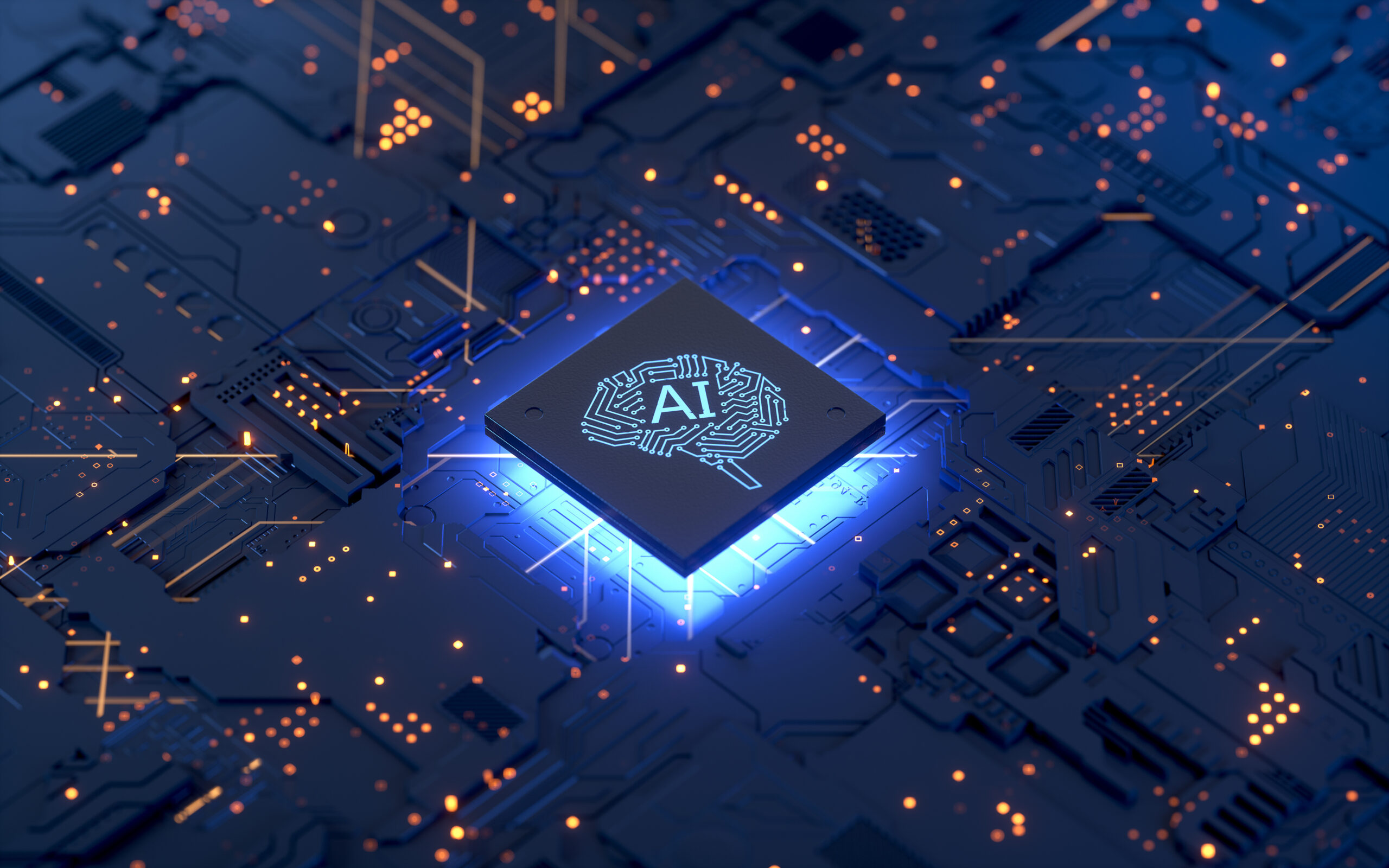As artificial intelligence (AI), machine learning, and other innovative technologies grow in popularity, several major U.S. tech companies are investing heavily in data centers to keep up with the growing energy demand needed to run these programs. Big tech companies are betting big on the growth of these technologies as they invest heavily in the development of massive new data centers with the expectation that AI and other innovative software will grow in popularity in the coming years. Companies such as Amazon, Microsoft, and Oracle are just some of the tech giants pumping billions into renewable electricity production to respond to government pressure and support the U.S. green transition while anticipating consumer demand for heavy energy consumption technology.
Why Do We Need Giant Data Centers?
Much of the new software being released is extremely energy-intensive to run. For example, it is estimated that the chatbot and virtual assistant ChatGPT – launched by OpenAI in 2022 – uses up over half a million kilowatt-hours of electricity to respond to around 200 million requests daily. That’s around 17 thousand times the amount of electricity than the average household uses in a day.
Recent research suggests that AI compute intensity is doubling every six to 10 months, demonstrating the rapid growth of the software, which is increasingly being used for daily activities by companies and individuals worldwide. There is now a wide array of AI applications; from website chatbots and facial recognition on phones to medical diagnoses support and cybersecurity.
The data centers currently under construction in the U.S. and other parts of the world are giant, often spanning an area the size of several football pitches. These centers can be extremely costly to build and maintain, and the hardware needs to be updated and replaced over the years, adding further cost. Nevertheless, tech companies see these huge centers as necessary to meet the growing demand for data-intensive tech, with McKinsey forecasting that power consumption for US data centers will more than double between 2022 and 2030.
This year, Alphabet and Microsoft each said they expect their annual investment to reach around $50 billion. This would mark around a 50% increase on 2023 spending. Meanwhile, Meta recently announced plans for a new $800 million data center in Indiana, while Alphabet is planning a $3 billion project for a data center campus in Indiana and capacity expansion in Virginia.
Big Tech = Big Spending
In May, Amazon announced $17 billion in spending on renewable electricity data centers in Spain to be run using dozens of new wind and solar energy projects. Project development in the north-eastern Aragon region of Spain is expected to span a decade. Amazon had previously earmarked just $2.7 billion for Spain in 2021. The investment is expected to support the creation of 17,500 jobs in local companies annually through 2033. Tech companies are increasingly investing in renewable energy to power their data centers, as governments put pressure on the private sector to decarbonize. In fact, “In 2021, Amazon and Microsoft were the two largest corporate buyers of renewable energy through PPA [power purchase agreement]; to a degree, the data center industry is helping to drive decarbonization by underwriting a significant proportion of grid-scale, carbon-free energy for industry,” writes Ciaran Flanagan in one Forbes article.
Oracle also announced plans for $8 billion over 10 years to develop tech centers in Japan in April. The tech company will store and process important data and personal information in these data centers to protect data sovereignty. Oracle will develop its new data centers in Tokyo and Osaka, where similar projects already exist. Microsoft and Amazon have also announced investments in Japan, encouraged by the Asian country’s strong data protection laws.
Meanwhile, in May, the Biden administration announced plans to invest $3.3 billion in a new AI data center to be developed by Microsoft. The project is expected to support the creation of 2,300 union construction jobs, as well as 2,000 permanent jobs. It will also strengthen Southeast Wisconsin’s role in the future of AI in the U.S. It will include the creation of the country’s first manufacturing-focused AI co-innovation lab and an AI skilling initiative to provide over 100,000 of the state’s residents with essential AI skills.
Brad Smith, Vice Chair and President of Microsoft, stated “Wisconsin has a rich and storied legacy of innovation and ingenuity in manufacturing.” Smith added, “We will use the power of AI to help advance the next generation of manufacturing companies, skills and jobs in Wisconsin and across the country. This is what a big company can do to build a strong foundation for every medium, small and start-up company and non-profit everywhere.”
Major U.S. tech companies are developing multiple giant data centers both at home and abroad in anticipation of the major increase in energy demand required to power innovative new technologies. Many of these projects are being run using new renewable energy in support of the U.S. green transition. The Biden administration is also pumping massive funds into the sector to create new technology hubs across the country and spur job creation.

Felicity Bradstock is a freelance writer specializing in Energy and Industry. She has a Master’s in International Development from the University of Birmingham, UK, and is now based in Mexico City.
